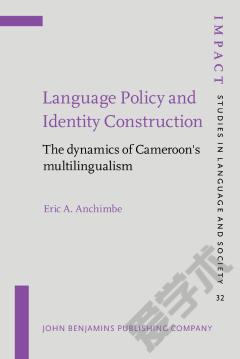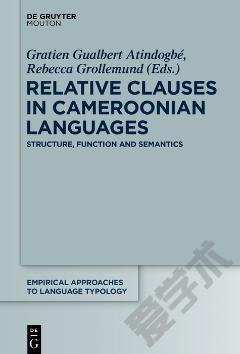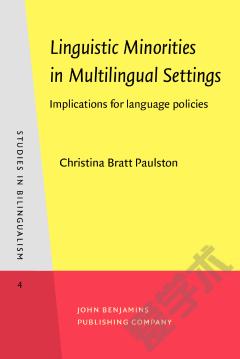Language Policy and Identity Construction. The dynamics of Cameroon's multilingualism.
The (dis)empowerment of languages through language policy in multilingual postcolonial communities often shapes speakersâ identification with these languages, their attitude towards other languages in the community, and their choices in interpersonal and intergroup communication. Focusing on the dynamics of Cameroonâs multilingualism, this book contributes to current debates on the impact of politic language policy on daily language use in sociocultural and interpersonal interactions, multiple identity construction, indigenous language teaching and empowerment, the use of Cameroon Pidgin English in certain formal institutional domains initially dominated by the official languages, and linguistic patterns of social interaction for politeness, respect, and in-group bonding. Due to the multiple perspectives adopted, the book will be of interest to sociolinguists, applied linguists, pragmaticians, Afrikanists, and scholars of postcolonial linguistics.
{{comment.content}}








 京公网安备 11010802027623号
京公网安备 11010802027623号